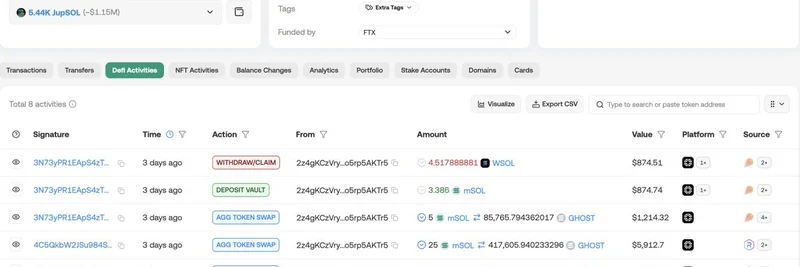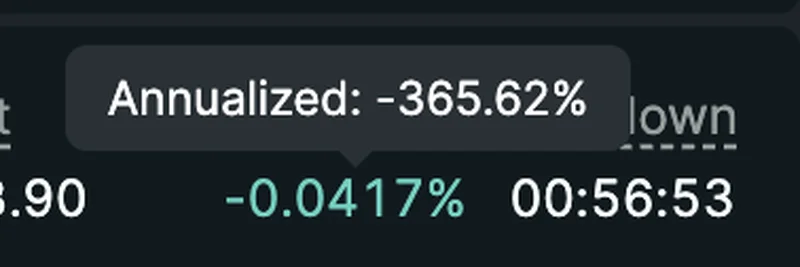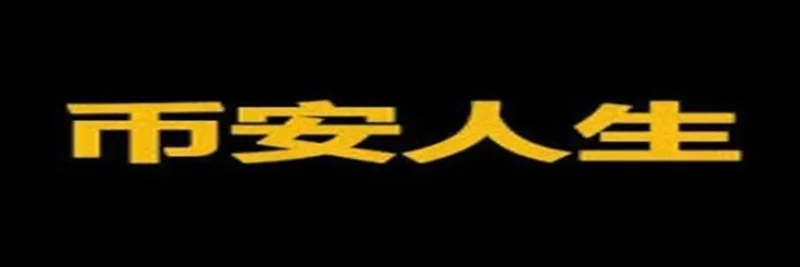If you're dipping your toes into Solana development, especially for creating those viral meme tokens that can skyrocket overnight, understanding Rust is your first big step. Rust is the go-to language for writing Solana programs because of its emphasis on performance, safety, and preventing common bugs that could cost you big in the crypto world.
Recently, the team at TridentSolana—a fuzz testing framework by Ackee Blockchain—dropped a goldmine on X: a thread condensing an hour-long lecture on Rust basics into 20 short, digestible video clips. It's tailored for Solana devs, but it's super relevant for anyone building meme tokens, as secure code means fewer exploits and more trust from your community. We've broken it down here with simple explanations, code snippets, and tips on why it matters for your next meme project. For the full visuals, check out the original thread on X.
Why Rust for Solana Meme Tokens?
Rust is designed for speed, safety, and concurrency without the headaches of data races—perfect for high-performance blockchains like Solana. Unlike languages that might let memory leaks or null pointers slip through, Rust catches these at compile time. For meme token creators, this means your token contracts can handle massive transaction volumes without crashing or getting hacked, keeping your pump fun and fair.
1. Variables and Mutability
Rust keeps things safe by making variables immutable (unchangeable) by default. This prevents accidental overwrites, which could mess up your token's logic.
To make a variable changeable, add mut:
rust
let x = 5; // Immutable - can't change this later
let mut y = 10; // Mutable - go ahead and update it
y = 15; // This works
In a meme token context, use immutable variables for constants like total supply to avoid unintended modifications.
2. Data Types and Strings
Rust offers primitives like integers (i32, u32), floats (f64), booleans (bool), and characters (char). Arrays and tuples group data neatly.
Strings are dynamic and heap-allocated:
rust
let mut s = String::from("Hello, Solana!");
s.push_str(" Meme Token");
For token metadata, like names or symbols, strings help store variable-length info securely.
3. Control Flow
Rust's if statements can return values directly, making code cleaner:
rust
let x = 10;
let result = if x > 5 { "High" } else { "Low" };
No need for ternary operators. This is handy for conditional logic in token transfers, like checking balances before minting.
4. Loops
Rust has three loop types: infinite loop, condition-based while, and range-iterating for.
Example:
rust
for i in 0..5 {
println!("Iteration {}", i);
}
Use loops for batch processing in your meme token, like airdropping to multiple wallets.
5. Match Statements
Think of match as a supercharged switch statement with pattern matching:
rust
match number {
1 => println!("One"),
2 | 3 => println!("Two or Three"),
_ => println!("Other"), // Catches everything else
}
Exhaustive matching ensures you handle all cases, reducing errors in token state management.
6. Functions
Functions require type annotations for params and returns:
rust
fn add(a: i32, b: i32) -> i32 {
a + b // Implicit return
}
In Solana programs, functions define entry points for transactions—keep them efficient for low gas costs.
7. Structs
Structs bundle related data:
rust
struct Token {
name: String,
supply: u64,
}
let my_token = Token { name: String::from("DogeMeme"), supply: 1000000 };
Ideal for defining your meme token's structure, like holding owner info and balances.
8. Enums
Enums can hold different data types in variants:
rust
enum Message {
Quit,
Move { x: i32, y: i32 },
}
Use enums for handling different transaction types in your Solana contract.
9. Ownership Rules
Rust's ownership system ensures each value has one owner, preventing memory issues:
- One owner at a time.
- Value drops when owner goes out of scope.
This core feature makes your meme token code memory-safe, crucial for on-chain execution.
10. References and Borrowing
Borrow values without owning them using & (immutable) or &mut (mutable).
rust
fn calculate_length(s: &String) -> usize {
s.len()
}
Borrowing lets you pass data around efficiently in complex token logics without copying.
11. Traits
Traits define shared behaviors, like interfaces:
rust
trait Summary {
fn summarize(&self) -> String;
}
Implement traits for polymorphism in your token ecosystem.
12. Lifetimes
Lifetimes ('a) ensure references don't outlive their data:
rust
fn longest<'a>(x: &'a str, y: &'a str) -> &'a str {
if x.len() > y.len() { x } else { y }
}
Prevents dangling references in long-running Solana programs.
13. Result Type
Handle errors with Result<Ok, Err>:
rust
fn divide(x: f64, y: f64) -> Result<f64, String> {
if y == 0.0 { Err(String::from("Division by zero")) } else { Ok(x / y) }
}
Explicit error handling keeps your meme token resilient against failures.
14. Option Type
Safely handle "maybe" values with Option<Some, None>—no nulls!
rust
fn find_user(id: u32) -> Option
Some(String::from("User"))
}
Great for optional fields in token metadata.
15. Crates
Crates are Rust's compilation units. Binary crates make executables; library crates are reusable.
16. Packages
Packages contain crates, managed via Cargo.toml for dependencies.
17. Modules
Modules organize code: mod utils; for namespacing.
18. Project Structure
A typical Rust project has a clear hierarchy: package > crate > modules.
19. Getting Started
Kick off with:
bash
cargo new my_meme_token
cd my_meme_token
cargo run
Test quickly on the Rust Playground.
20. Wrapping Up
With these fundamentals, you're set to build secure Solana programs. For meme token devs, pair this with tools like Trident for fuzz testing to catch vulnerabilities early—process over 10,000 transactions per second safely. Check out Trident for more.
Rust's safety features are a game-changer in the wild world of meme tokens, where hacks can wipe out communities overnight. Start building, and remember: secure code leads to sustainable pumps. Follow TridentSolana on X for more tips!



